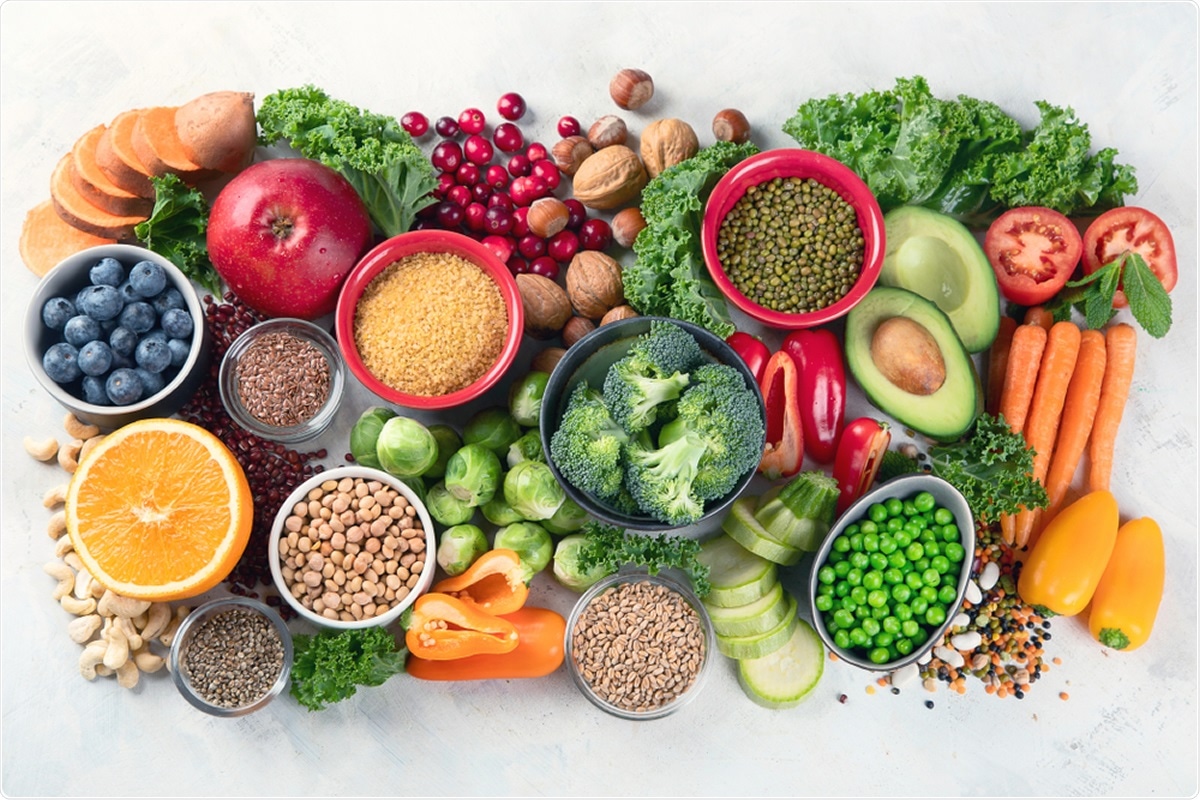

Adopting global dietary guidelines would cut food-related emissions by 29%, vegetarian diets by 63%, and vegan diets by 70%. The study projects that by 2050, food-related greenhouse gas emissions could account for half of the emissions the world can afford if global warming is to be limited to less than 2☌. Approximately half of the avoided deaths were due to reduction of red meat consumption, with the other half due to a combination of increased fruit and vegetable intake and a reduction in calories, leading to fewer people being overweight or obese. Even greater benefits could come from vegetarian diets (avoiding 7.3 million deaths) and vegan diets (avoiding 8.1 million deaths). They found that adopting diets in line with global dietary guidelines could avoid 5.1 million deaths per year by 2050. To assess the health and environmental impacts, the researchers modelled four different dietary scenarios for the year 2050: a ‘business as usual’ scenario based on projections of future diets a scenario based on global dietary guidelines which includes minimum amounts of fruits and vegetables, and limits to the amount of red meat, sugar, and total calories and vegetarian and vegan scenarios which both conform to the dietary guidelines. At the same time the food system is also responsible for more than a quarter of all greenhouse gas emissions, and therefore a major driver of climate change.” “Imbalanced diets, such as diets low in fruits and vegetables, and high in red and processed meat, are responsible for the greatest health burden globally and in most regions. “What we eat greatly influences our personal health and the global environment,” says Dr Marco Springmann of the Oxford Martin Programme on the Future of Food, who led the study. The study, published today in PNAS, is the first to estimate both the health and climate change impacts of moving towards more plant-based diets for all major world regions. © Adobe Stock A global switch to diets that rely less on meat and more on fruit and vegetables could save up to 8 million lives by 2050, reduce greenhouse gas emissions by two thirds, and lead to healthcare-related savings and avoided climate damages of $1.5 trillion (US), Oxford Martin School researchers have found.


 0 kommentar(er)
0 kommentar(er)
